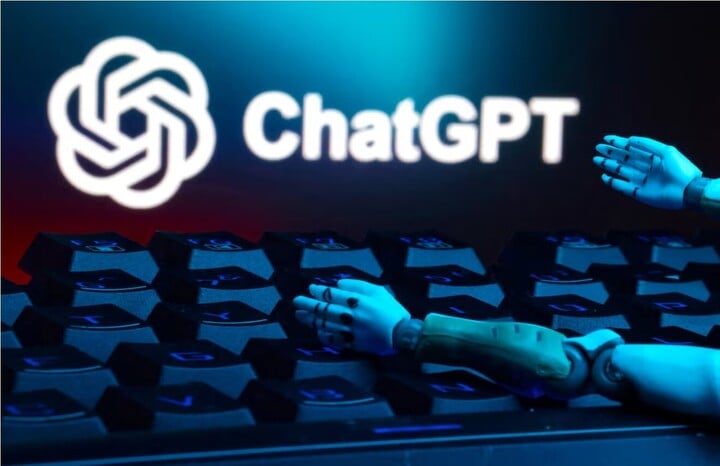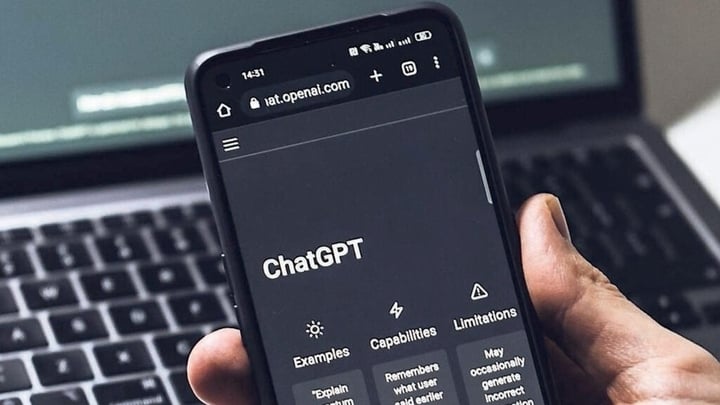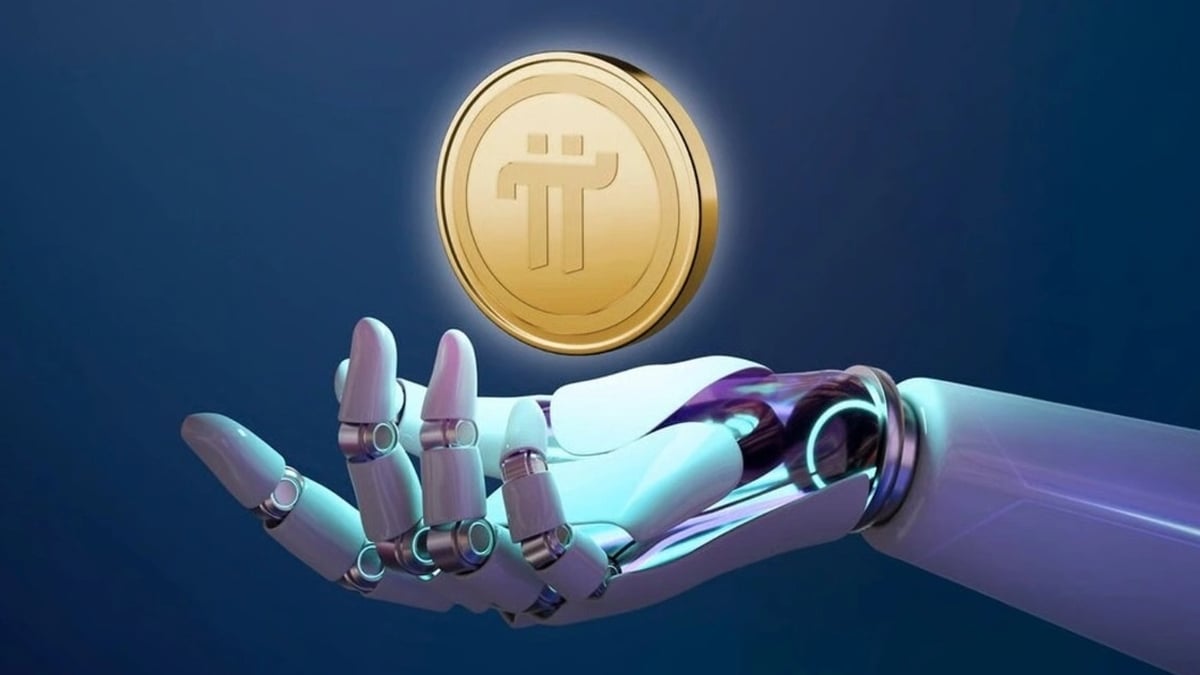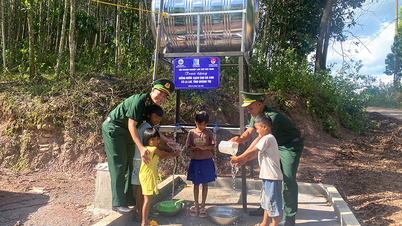Below is the content of an article by reporter Nelson Aguilar, translated from technology news site CNET, about topics that users should not rely on ChatGPT to handle.
1. Diagnosis of health related problems
I used to enter my symptoms into ChatGPT out of curiosity, but the answers I got were sometimes a nightmare. As I scrolled through the list of possible diagnoses, the results ranged from dehydration to the flu to… cancer. I once had a lump in my breast and entered that information into ChatGPT. The result: The AI thought I might have cancer.
But in fact, the doctor diagnosed me with a lipoma, a benign tumor that is quite common (occurring in 1/1,000 people).
I don’t deny that ChatGPT can be useful in the health space: AI can help you draft questions for your next appointment, translate confusing medical terminology, or create a timeline of symptoms so you’re more prepared. That could make doctor visits less stressful. But AI can’t do blood tests, it can’t do physical exams, and it can’t be covered by professional liability insurance. Understand its limitations.
2. Mental health care
ChatGPT can suggest some calming techniques, but it's clearly not going to be able to call you when you're in a real emotional crisis. I know people who use ChatGPT as "alternative therapy." CNET reporter Corin Cesaric has found it somewhat helpful in dealing with grief, as long as you keep the tool's limitations in mind.
But as someone who is currently in therapy with a therapist, I can confirm: ChatGPT is a pale imitation, and can be downright dangerous at times. ChatGPT has no life experience, can’t read your body language or tone of voice, and doesn’t possess any real empathy. ChatGPT is just simulating empathy.
Whereas a professional therapist operates under laws and codes of ethics designed to protect you. ChatGPT does not. Its advice can be biased, miss red flags, or unintentionally reinforce biases in its training data. Deep, sensitive, complex issues — leave them to humans.
Users should not completely trust ChatGPT's answers to health issues and emergency situations.
3. Making decisions in emergency situations
If the CO alarm sounds, don't open ChatGPT to ask if you're in danger. Leave the house first, ask questions later. The AI model can't smell gas, can't detect smoke, and won't call the fire department for you.
In an emergency, every second you type is a second you're not evacuating or calling 911 (the national emergency number in the US). ChatGPT only works based on what you type — and in an emergency, that information is often too little, too late. Use ChatGPT for post-accident explanation, not "first responder" service.
4. Personal financial or tax planning
ChatGPT can explain what an ETF is, but it doesn’t know how much debt you have, what tax bracket you’re in, what your filing status is, or what your retirement goals are. And the data it relies on may be outdated, especially with recent tax law updates or interest rate adjustments.
When it comes to real money, deadlines, and potential IRS penalties, call a professional, not an AI. Also note that any information you input into an AI may be stored and used to train the model.
ChatGPT has over 5 billion visits per month. (Source: explodingtopics)
5. Handling of confidential or controlled data
As a tech journalist, I receive a lot of press releases that have non-disclosure clauses. But I never thought to put those documents into ChatGPT to summarize or interpret them. Because if I did, the content would leave my control and end up on a third-party server, outside the legal constraints of the non-disclosure agreement.
The same risk applies to customer contracts, medical records, etc. This also includes tax returns, birth certificates, driver’s licenses, and passports. Once you enter sensitive information into ChatGPT, you can’t be sure where it’s stored, who can see it, and whether it’s being used to train future models. ChatGPT is also not immune to hackers or cybersecurity threats.
6. Doing something illegal
Of course!
7. Cheating in school
I won’t pretend to be moral—I used my iPod Touch to sneak a peek at some tricky math formulas on an AP Calculus exam in high school. But in terms of scale, AI has taken cheating to a whole new level.
Anti-plagiarism software like Turnitin is getting better at detecting AI-generated text. Suspension, expulsion, or revocation of degrees are all possible outcomes. ChatGPT should be a learning assistant, not a homework helper. If you let AI do all the work for you, you’re depriving yourself of the opportunity to learn.
8. Follow breaking news and information
Since OpenAI launched ChatGPT Search in late 2024 (open to all users from February 2025), the chatbot has been able to search for new websites, stock prices, exchange rates, sports scores, etc. with source links for you to check.
However, it does not update continuously in real time. Each refresh means you have to type a new command. So when you need instant information, prioritize live news, official news sites, press releases, or push notifications from apps.
9. Score prediction
I have seen ChatGPT “fabricate” information and give false data on player statistics, misreported injuries, and even win-loss records. ChatGPT cannot predict tomorrow’s scoreboard.
10. Draft a will or legal contract
ChatGPT is great for explaining basic concepts. But if you tell it to write legal documents, you're taking a big gamble because laws will be different in many places.
Let ChatGPT help you create a list of questions for your lawyer, then let a real lawyer draft a legally binding document.
11. Create art
This is just a personal opinion: I don’t believe AI should be used to create real art. I’m not against AI, I still use ChatGPT to brainstorm ideas or come up with titles. But it’s a tool to help, not a replacement. Use ChatGPT if you want, but don’t create art with AI and claim it as your own. That’s… annoying.
Ngoc Nguyen (Source: CNET)
Source: https://vtcnews.vn/chatgpt-tra-loi-co-cung-nhu-khong-khi-chan-doan-sai-benh-gia-lap-su-dong-cam-ar953726.html
































































![[Maritime News] More than 80% of global container shipping capacity is in the hands of MSC and major shipping alliances](https://vphoto.vietnam.vn/thumb/402x226/vietnam/resource/IMAGE/2025/7/16/6b4d586c984b4cbf8c5680352b9eaeb0)






































Comment (0)